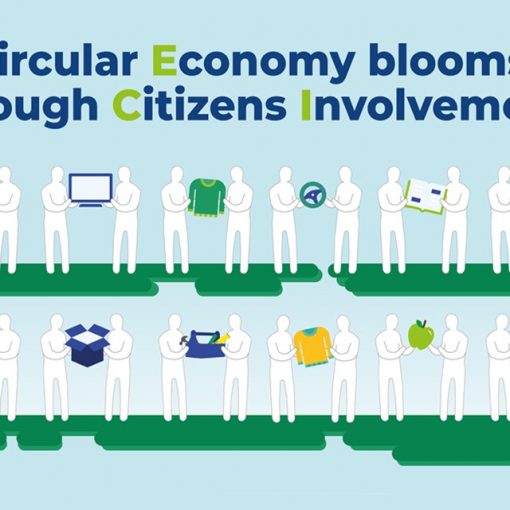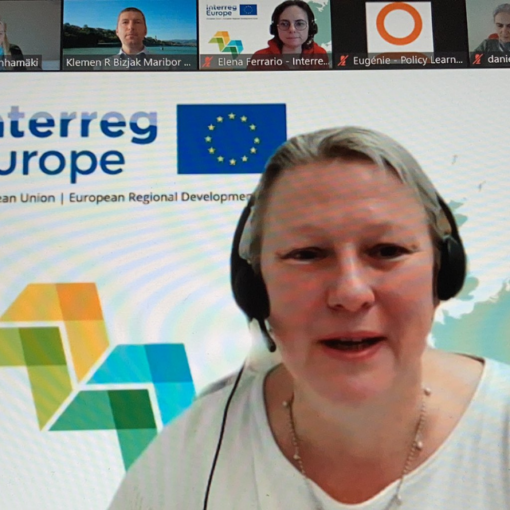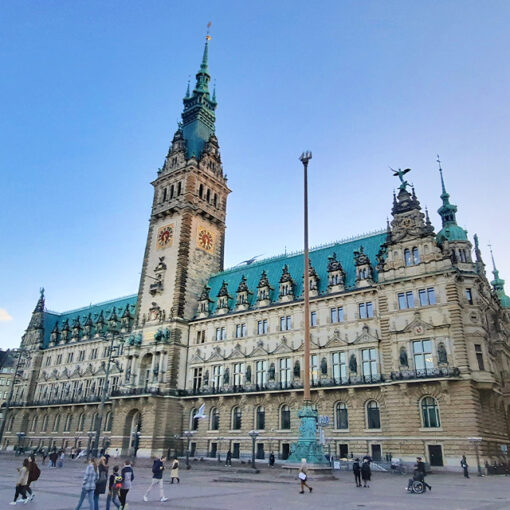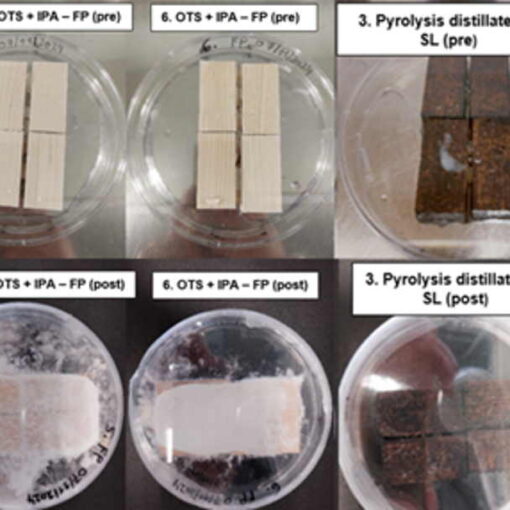The Policy Learning Platform of Interreg Europe organised a peer review on Circular Bioeconomy for the Province of Noord Brabant in October 2023. The follow-up meeting was held in May 2024, in Vienna.
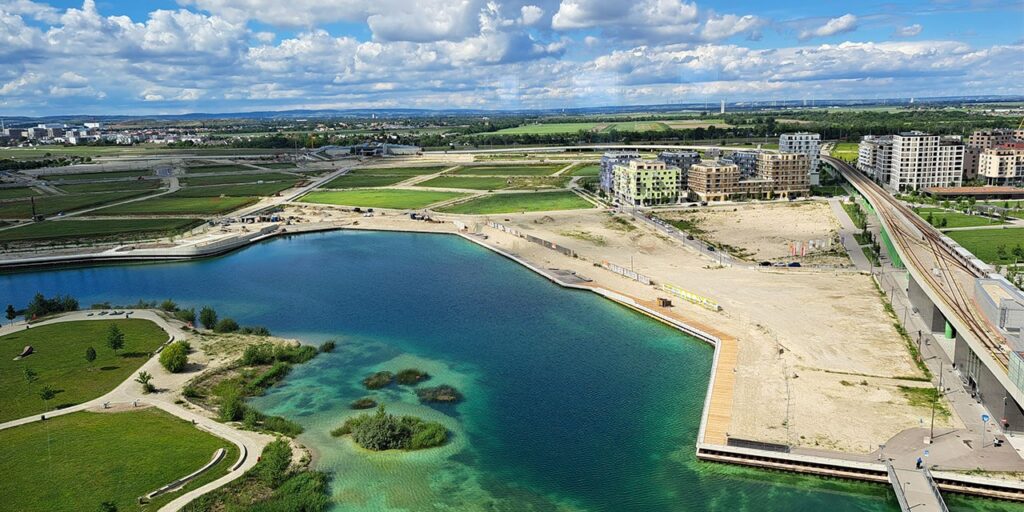
According to René Beijnen, Senior Advisor for Circular Economy of Noord-Brabant, the peer review had a significant impact on their organizational structure. The Environment and Energy department has started collaborating closely with the economy and digitalization teams. Based on peer recommendations, the region has emphasized engaging various actors in the regional ecosystem and supply chain to strengthen collaboration. This focus has become a central aspect of their policy framework, with specific goals set for the province to become 50 percent circular by 2030 and fully circular by 2050. (Beijnen 2024.)
Also, it was recommended to identify the baseline analysis of waste streams for measuring the progress. The province conducted the analysis on waste streams in business parks to either cluster the streams or create hubs for secondary materials. Currently, a study on raw material consumption of the province is being conducted. Among the successful achievements was the doubling of the province’s budget related to circular bioeconomy. (Beijnen 2024.)
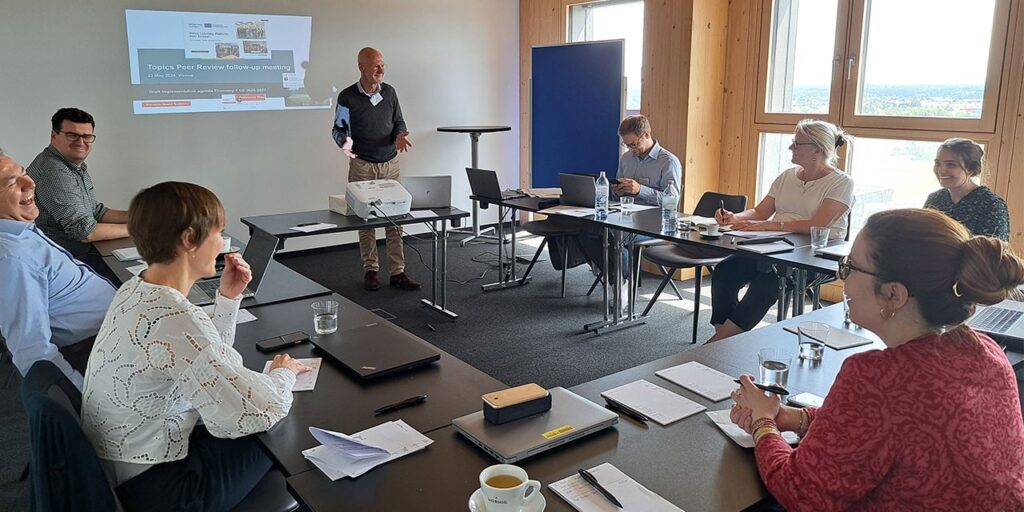
Lessons Learned
Advancing circular economy through the quintuple helix model requires collaborative efforts across various sectors and levels of governance, integrating academia, industry, government, civil society, and the natural environment to ensure complex sustainable and innovative solutions. A tailored territorial approach can address the unique needs of urban and rural areas. Investment in green infrastructures is essential for closing the loops, while robust policies drive the transition. Collaborative governance structures and joint forces with other regions ensure broad stakeholder involvement and promote transparency.
Implementing Green Public Procurement (GPP) system can increase demand for sustainable and circular practices. In terms of constructions, GPP can incorporate sustainability criteria, such as using biobased materials, energy-efficient designs, and waste-minimizing methods. GPP promotes the reuse of existing structures and materials, and their repurpose. It also reduces the environmental footprint of public buildings and serves as a model for private sector.
Small-scale funding can catalyse innovative projects that promote circulation and sustainable practices. Eco-design ensures products are easier to repair, reuse, and recycle. Implementing material passports and certifications, like end-of-waste status certification granted by provinces and harmonized across regions, support the tracking, recovery, and reuse of materials.
Modelling and digital tools can optimize resource tracking and waste management, with special attention to SMEs, which often lag behind. Investments in capacity-building initiatives, including comprehensive handbooks and guides for different actors (policy authorities, builders, manufacturers, architects, public, etc.), provide essential knowledge for implementing circular economy practices and build trust and demand. Branding the region, such as a Circular Bioeconomy Forerunner, may be vital for engaging all actors. Effective communication and campaigns, including continuous information sharing on targets and progress, can strengthen trust and commitment.
Author
Katerina Medkova works as an RDI Specialist at LAB University of Applied Sciences and is CITISYSTEM Project Manager. She participated as one of the peers in the peer review and follow-up.
References
Beijnen, R. 2024. Topics Peer Review Follow-up meeting. Oral presentation given during the Peer Review Follow-up meeting on 23 May 2024, Vienna.
Links
Link 1. Medkova, K. 2023. Sharing Circular Bioeconomy Knowledge with Peers. Cited 8 Jul 2024. Available at https://blogit.lab.fi/labfocus/en/sharing-circular-bioeconomy-knowledge-with-peers/

